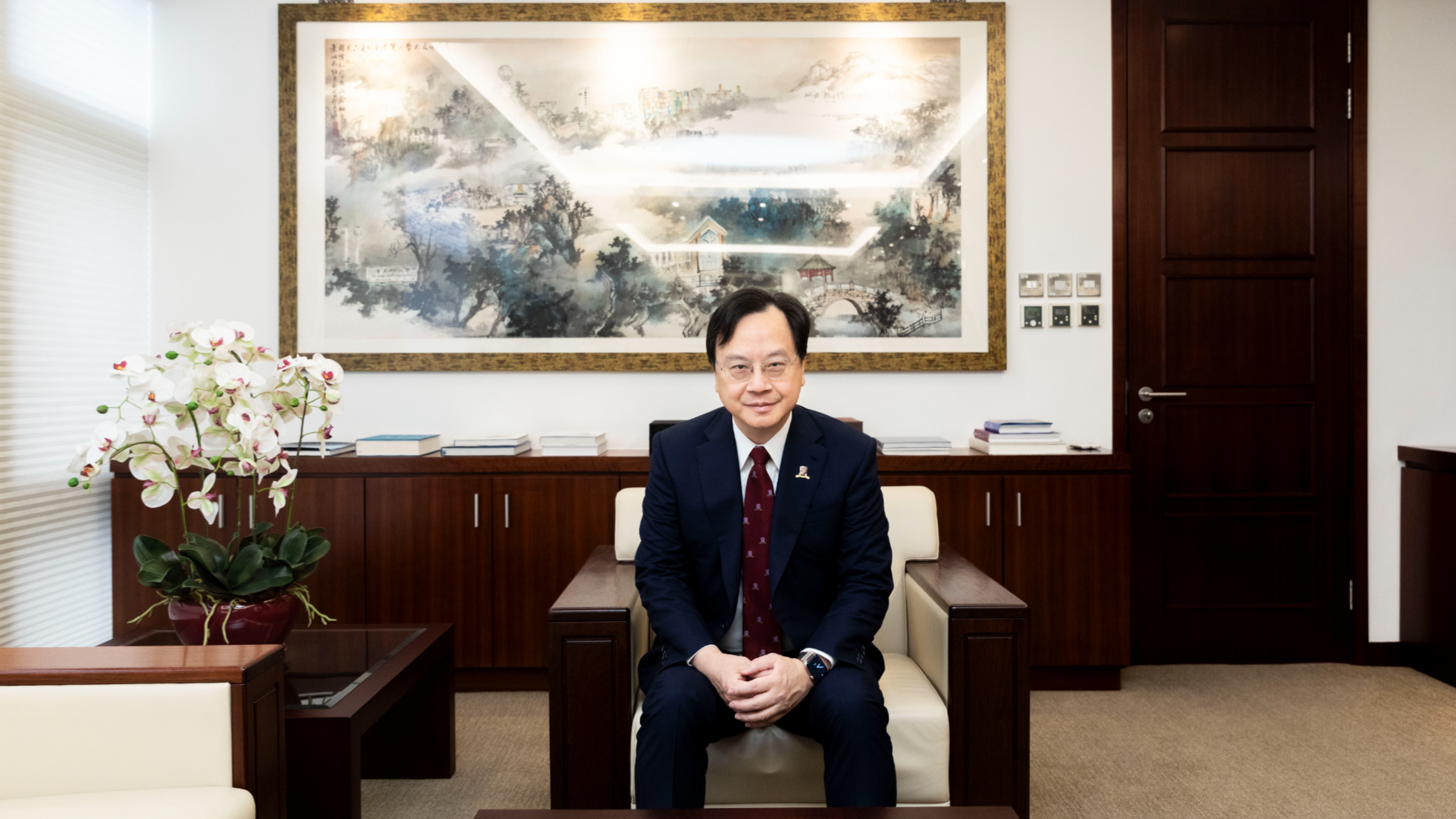
Dennis Lo Yuk-ming, the new president of the Chinese University of Hong Kong, has laid out an ambitious road map for the university during his tenure, focusing on research and innovation, establishing a talent hub, and enhancing internationalization.
Speaking at a media briefing on Friday, Lo, who took office in January, said these priorities will form the cornerstone of CUHK’s 2026-30 strategic plan.
Lo emphasized the importance of research and innovation, noting that CUHK aims to leverage its technology to benefit society and contribute to Hong Kong’s economic transformation into an international innovation and technology hub.
He stressed the importance of translating research into practical applications, aligning with national strategies to promote technological innovation and its impact across industries.
CUHK has already made significant contributions in this area, and currently hosts seven InnoHK research centers — government-backed hubs in health, biomedicine, robotics, and AI. It has also incubated 54 AI-related startups alongside 11 specialized degree programs.
Since 2014, the university has filed over 5,000 patent applications, securing 1,350 patent families, with InnoHK projects alone contributing more than 100 filings.
Lo emphasized robust intellectual property protection as critical to incentivizing academic entrepreneurship.
CUHK is strengthening its presence in the Guangdong-Hong Kong-Macao Greater Bay Area through initiatives such as the launch of the School of Artificial Intelligence at CUHK-Shenzhen earlier this year.
Lo said the new school enhances CUHK’s leadership in the region and reinforces its commitment to cross-border collaboration.
In May 2024, the university joined the “1+1+1” Joint Funding Program, which provides annual funding for impactful projects that address the economic and social development needs of the Greater Bay Area.
Under the program, CUHK-Shenzhen will contribute at least 10 million yuan ($1.37 million) annually, while CUHK in Hong Kong will invest no less than HK$10 million ($1.29 million).
Another cornerstone of CUHK’s vision is the development of a global talent hub. Lo said the university is actively recruiting top-tier students and faculty worldwide, with plans to expand its academic staff through new professorships, visiting scholar positions, and junior faculty roles.
CUHK’s collegiate system, which fosters interdisciplinary exchange and enriches students’ cultural and intellectual experiences, is being expanded, Lo said.
He said plans are underway to extend this unique model to postgraduate students, offering them a holistic education that integrates the humanities and sciences.
Lo said that with an extensive alumni network spanning the arts, sports, business, and academia, CUHK aims to deepen engagement with its graduates to support the university’s future growth.
He added that as an internationally focused institution, CUHK is also committed to strengthening its global presence.
It plans to increase participation in international university alliances, host global academic events, and enhance its role as a comprehensive and globally integrated university.
Lo, who was appointed to the institution’s top post for a five-year tenure, joined CUHK in 1997 and has served as the associate dean (research) at the Faculty of Medicine since 2002.
Lo has earned global recognition for his discovery of cell-free fetal DNA in maternal blood and the development of a revolutionary noninvasive prenatal testing method. The method has been used in over 60 countries and regions and has garnered Lo many awards, including the Lasker Award, the top biomedical prize in the United States, in 2022.
stephyzhang@chinadailyhk.com


